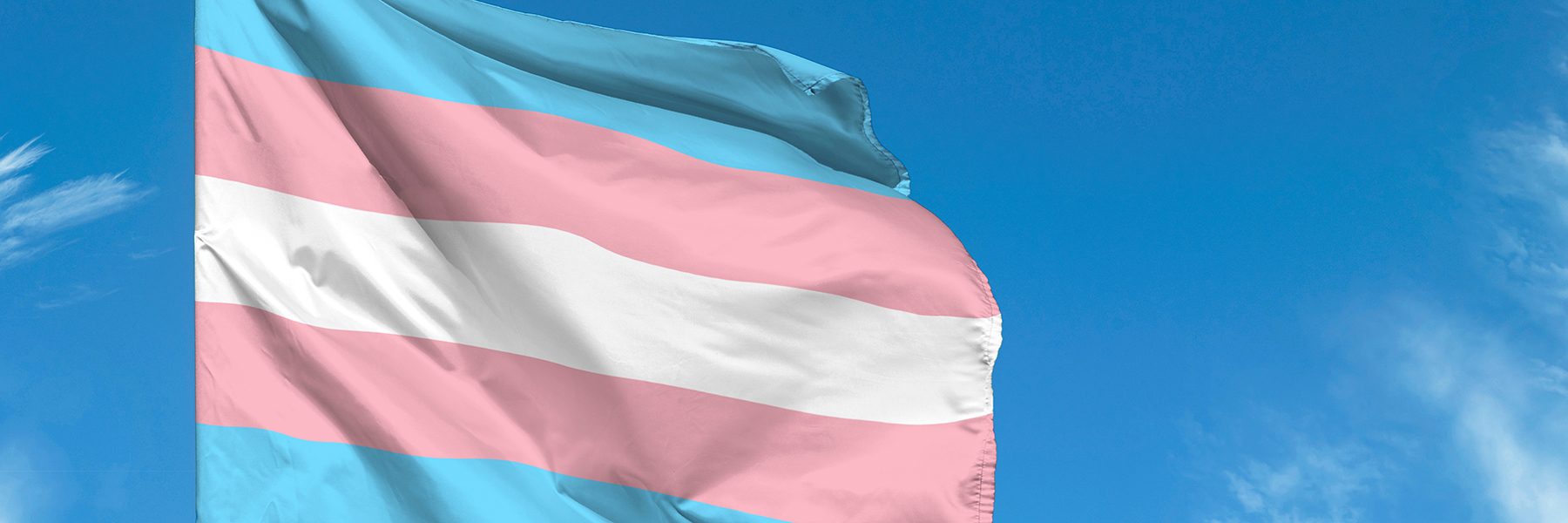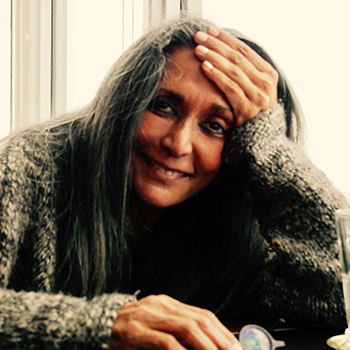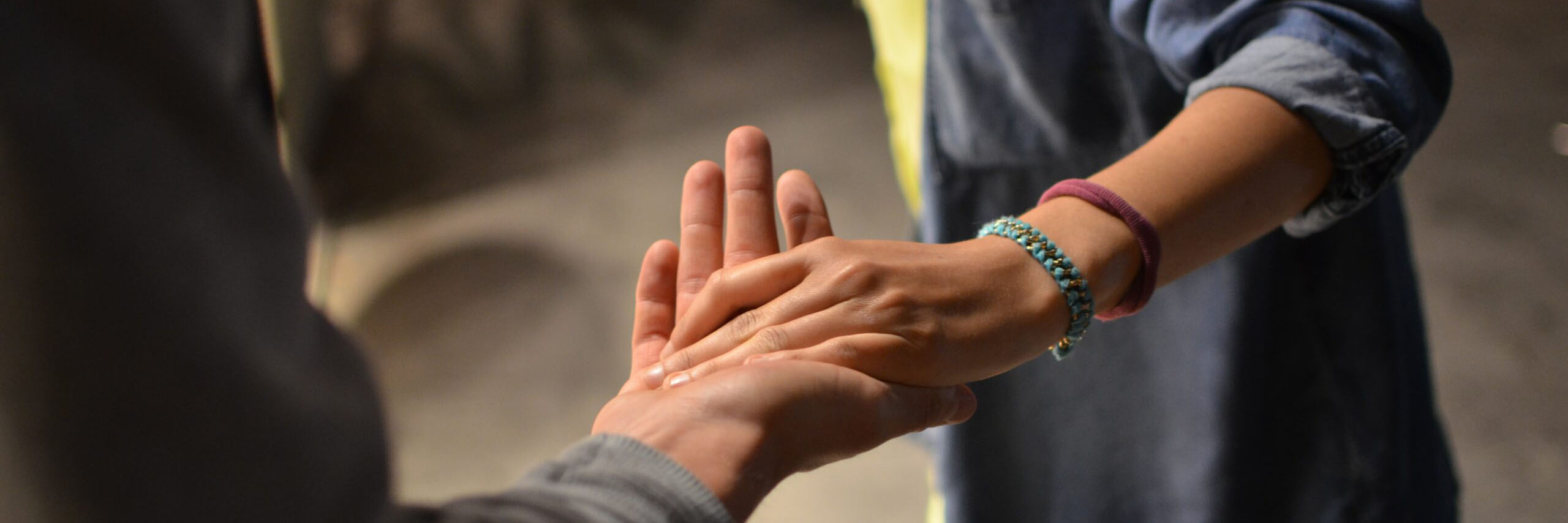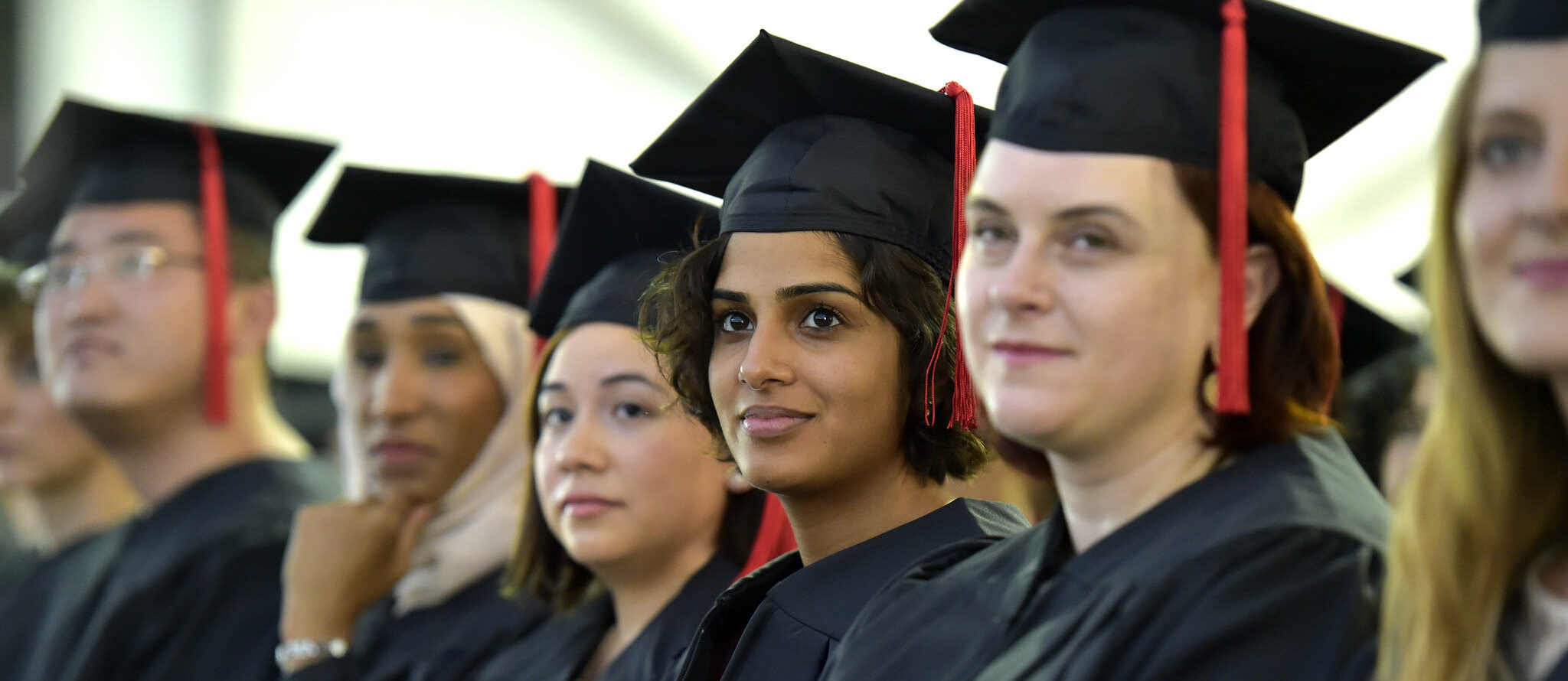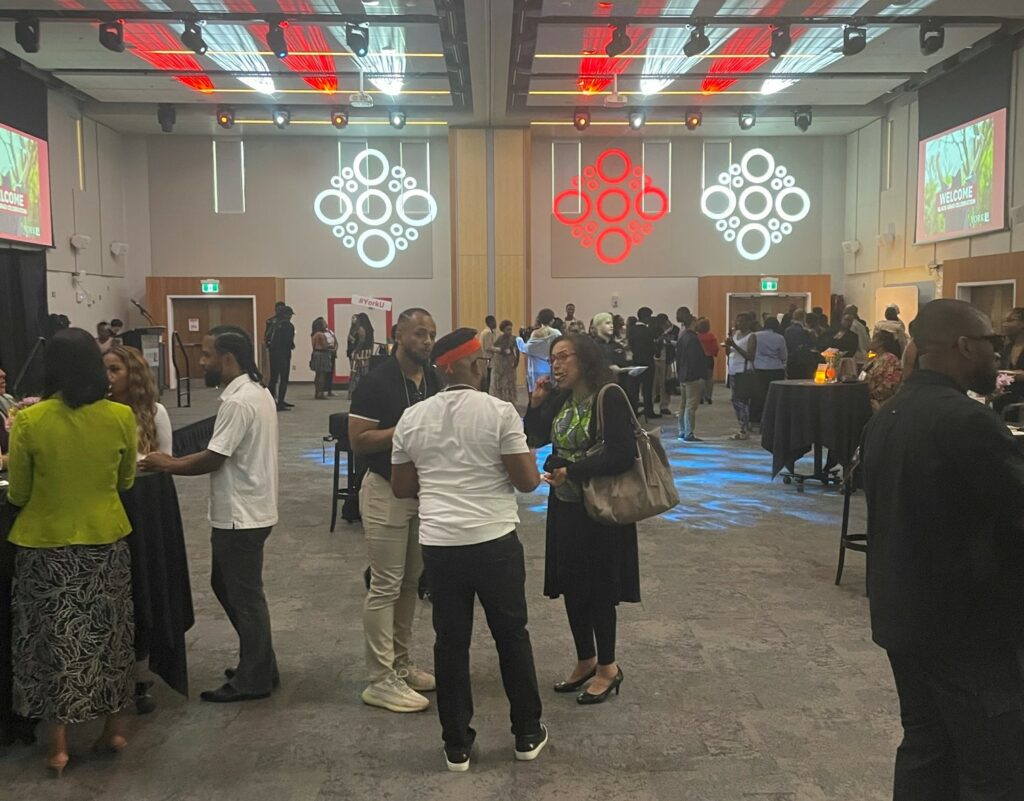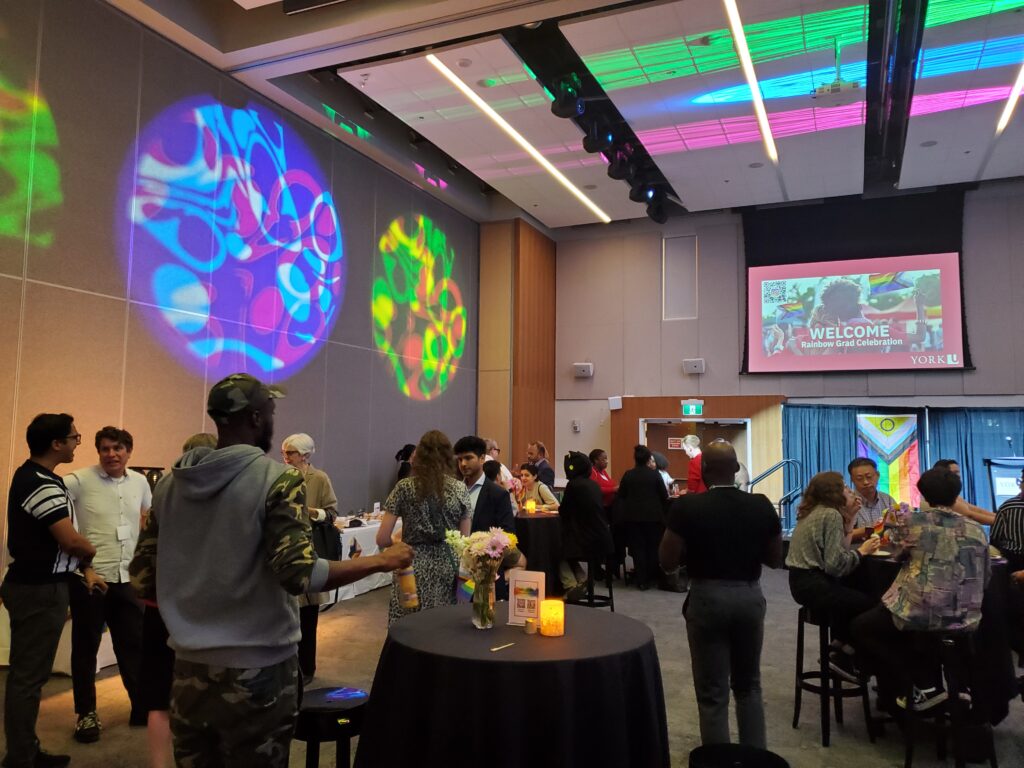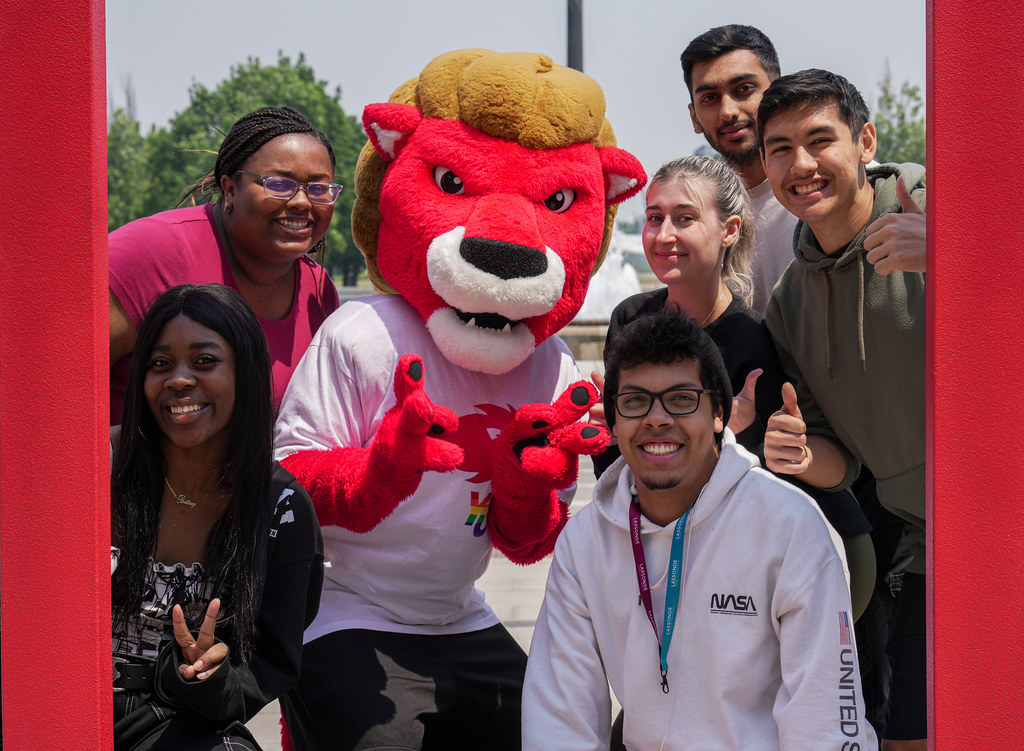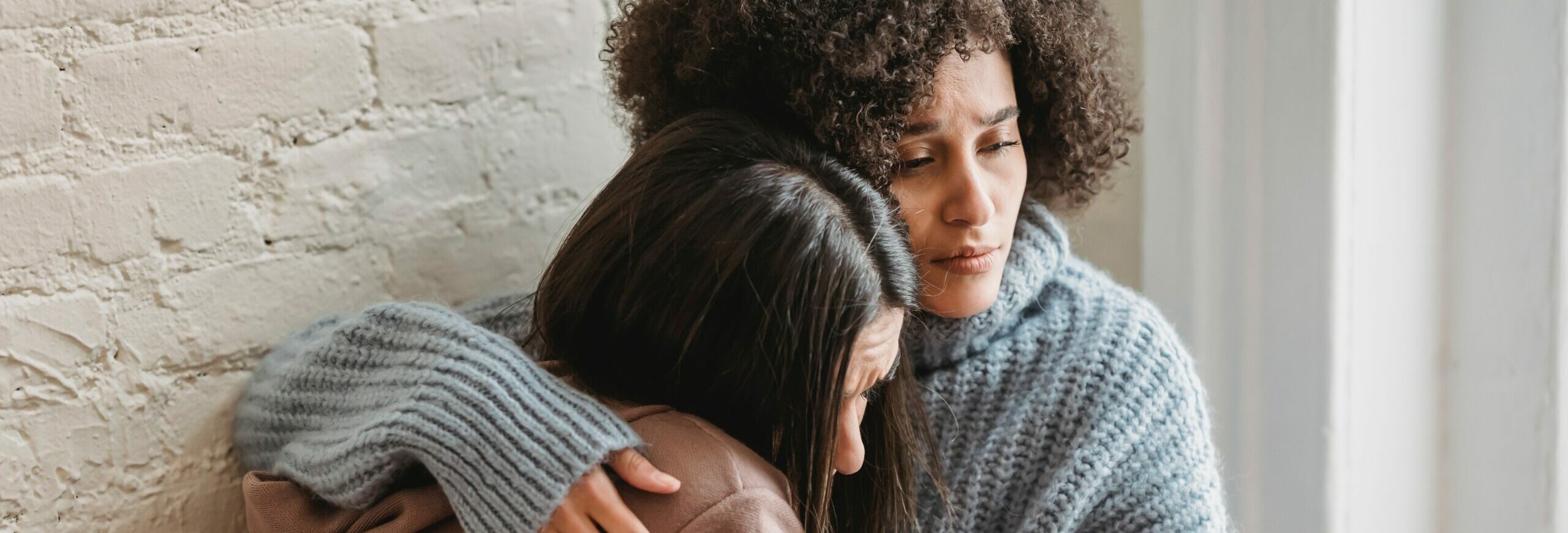La version française suit la version anglaise.
In 2017, the Ontario government passed the Trans Day of Remembrance Act in acknowledgement that trans people in Ontario face not only indifference, prejudice and hatred, but also anti-trans violence. It joined other jurisdictions in naming Nov. 20 as a day to remember those murdered, to recognize the pervasive problem of crimes against trans people and to remind ourselves of the diversity and resilience of the trans community. The goal of a civil society is to ensure the dignity of all people, and as we take a moment to remember and mourn the losses, it is also important to enhance our understanding.
During the development of the 2022 Federal 2SLGBTQI+ Action Plan, a survey revealed that transgender and Two-Spirit respondents were most likely to report discrimination in terms of employment and other forms of harassment that, for example, resulted in unstable housing. Transgender men reported the lowest levels of life satisfaction, and friendship was identified by many as an important source of comfort in their lives.
The work of reducing barriers and creating inclusive and welcoming communities and institutions belongs to us all. As stated in the York University Decolonizing, Equity, Diversity and Inclusion (DEDI) Strategy, “Creating a sense of inclusion and belonging requires supportive structures and social spaces where diverse perspectives are heard, acknowledged and respected … Achieving an inclusive and equitable community is not a destination, but rather a journey that requires ongoing attention and action. Organizational change must be informed by the foundational and ongoing work to advance DEDI through research, curriculum, teaching, service and programming.”
York University reaffirms its support for trans students, staff, faculty, instructors and alumni, and continues to denounce transphobic discrimination and violence everywhere.
The Centre for Human Rights, Equity & Inclusion has identified and developed a number of resources for the community, including a guide on gender expression and gender identity, available here.
The SexGen Committee will mark Nov. 20 from 1 to 4 p.m. with Rest, Regenerate, Resist, a space where the trans community can mourn, engage with community and refill our cups so we can keep resisting transphobia. Quiet time will be provided to remember those we have lost to anti-trans violence. There will be workshop stations such button making, art, bracelet making, LEGO building and beanbag chairs. A counsellor from Student Counselling, Health & Well-being will be on site to provide support to members of the community. Marshalls will be present to ensure folks in the room are safe. It will be held in the Serenity Room in the Second Student Centre. Light refreshments will be available.
Let us continue the journey together of making York a safer space where everyone has the opportunity to feel like they belong.
Thank you. Merci. Miigwech.
Alice Pitt
Interim Vice-President Equity, People and Culture
L’Université York réitère son soutien à la communauté transgenre à l’occasion de la Journée du souvenir trans
En 2017, le gouvernement de l’Ontario a adopté la Loi sur la Journée du souvenir trans[ALG1] en reconnaissance du fait que les personnes transgenres en Ontario sont confrontées non seulement à l’indifférence, aux préjugés et à la haine, mais aussi à la violence. Elle s’est jointe à d’autres instances pour faire du 20 novembre une journée de commémoration des personnes assassinées, pour reconnaître le problème omniprésent des crimes contre les personnes transgenres et pour nous rappeler la diversité et la résilience de la communauté transgenre. L’objectif d’une société civile est de garantir la dignité de toutes les personnes. Alors que nous prenons un moment pour nous remémorer et déplorer les vies perdues, il est également important de mieux comprendre la situation.
Lors de l’élaboration du Plan d’action fédéral 2ELGBTQI+ 2022, une enquête a révélé que les répondants transgenres et bispirituels étaient les plus susceptibles de signaler des discriminations en matière d’emploi et d’autres formes de harcèlement qui, par exemple, entraînaient une instabilité du logement. Les hommes transgenres ont déclaré les niveaux les plus bas de satisfaction dans la vie, et beaucoup d’entre eux ont dit que l’amitié était une grande source de réconfort.
La réduction des barrières et la création de communautés et d’institutions inclusives et accueillantes incombent à tout le monde. Comme indiqué dans la Stratégie DEDI de l’Université York, « Pour créer un sentiment d’inclusion et d’appartenance, il faut des structures de soutien et des espaces sociaux où les diverses perspectives sont entendues, reconnues et respectées (…). L’atteinte d’une communauté inclusive et équitable n’est pas une destination, mais plutôt un parcours qui nécessite une attention et une action continues. Le changement organisationnel doit être étayé par un travail fondamental et continu pour faire avancer la DEDI au moyen de la recherche, des programmes d’études, de l’enseignement, du service et de la programmation. »
L’Université York réaffirme son soutien aux membres de la communauté étudiante, du personnel, des corps professoral et enseignant et aux diplômés et diplômées transgenres, et continue de dénoncer la discrimination et la violence transphobes partout dans le monde.
Le Centre des droits de la personne, de l’équité et de l’inclusion a défini et développé un certain nombre de ressources pour la communauté, notamment un guide sur l’expression et l’identité de genre, disponible ici (en anglais).
Le comité SexGen se réunira le 20 novembre de 13 h à 16 h avec Se reposer, se régénérer, résister, un espace où la communauté transgenre peut faire son deuil, s’engager avec la collectivité et se ressourcer pour continuer à résister à la transphobie. Un moment de silence sera prévu pour se souvenir de ceux et celles que nous avons perdus à cause de la violence anti-trans. Il y aura des ateliers d’art, de fabrication de boutons et de bracelets, de construction avec des briques LEGO et des fauteuils poires confortables. Des personnes-conseils des Services de santé, de counseling et de bien-être étudiant (SCHW) seront sur place pour apporter leur soutien aux membres de la communauté. Des agents assureront la sécurité des personnes sur les lieux. L’événement aura lieu dans la salle Serenity au Second Student Centre. Des rafraîchissements seront servis.
Faisons ensemble de York un espace plus sûr, où chaque personne a le sentiment d’être à sa place.
Merci. Thank you. Miigwech.
Alice Pitt
Vice-présidente intérimaire de l’équité, des personnes et de la culture


